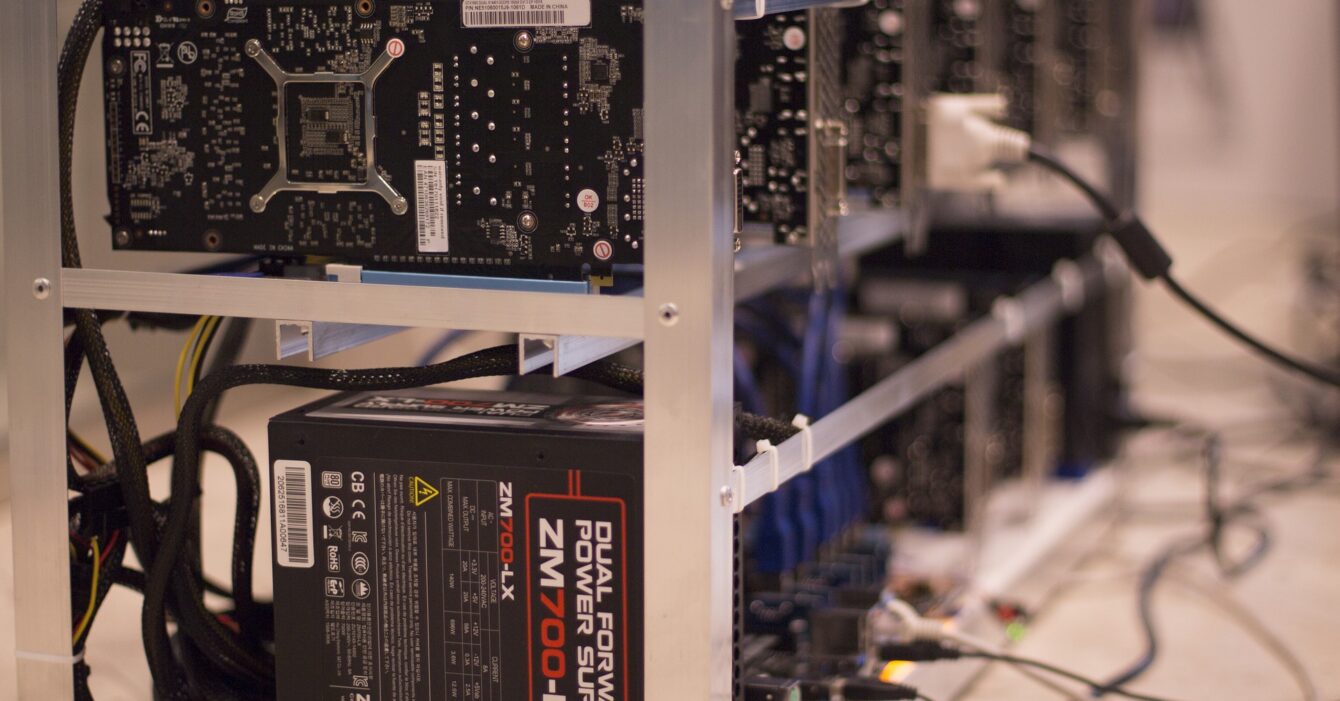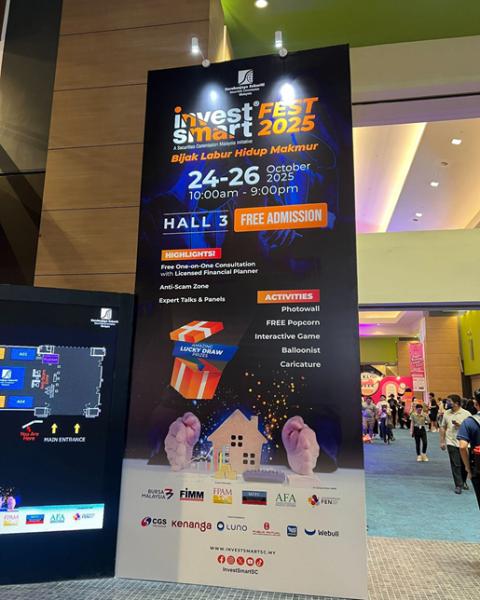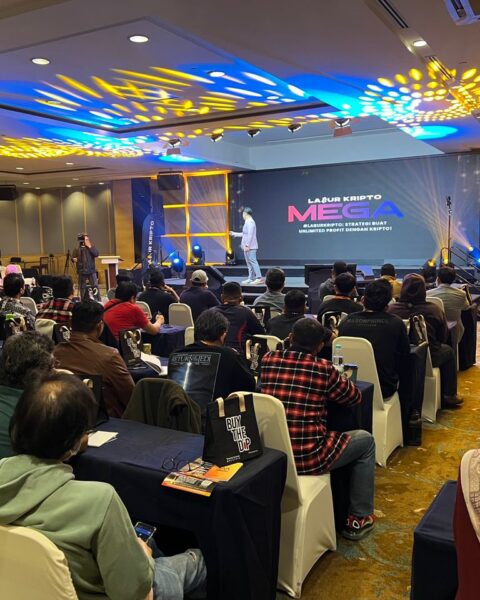What is Bitcoin mining and how does it work?
In the Bitcoin network, mining is a necessary process. It is the process through which the peer-to-peer network validates transactions and achieves shared consensus without the need for a central authority.
Mining is required to maintain the Bitcoin network operational. Miners validate network transactions and get freshly minted units as a reward. Miners compete by solving mathematical puzzles. Mining consumes a lot of energy. Mining requires specific hardware to be profitable.
What is the objective of Bitcoin mining?
Mining assures those only valid transactions are confirmed in the blockchain of any particular cryptocurrency. Mining is the process of providing a cryptocurrency network with a secure settlement mechanism. Bitcoin “miners” are computer owners who dedicate their computational power to the peer-to-peer network. A Bitcoin miner requires two things: mining hardware and electricity, much like gold miners use picks and shovels to extract gold. As a reward, the first miner to validate a new block for the blockchain earns a percentage of the cash produced. This is referred to as a block reward.
How does the Bitcoin mining process work?
Individual transactions from the previous ten minutes (the fixed “block time” of Bitcoin) are continually collected and bundled into blocks by miners’ computers (known as nodes). The computers then contest to solve a complicated cryptographic puzzle in order by being the first to validate the new block for the blockchain.
Every miner in the network is competing to be the first to solve this puzzle. The first miner to achieve the solution receives a set proportion of newly minted bitcoins as a reward for their work. The right answer is always discovered by one miner first. The solution is then broadcast to the whole network, and the other nodes verify it. The new block gets added to the blockchain if everything is in order.
Block rewards provide an incentive for everyone in the network to participate in the process and keep it operating smoothly. Blockchain technology as we know it would not work without some type of mining. The difficulty of these cryptographic puzzles grows as more Bitcoin units are mined. To continue earning the same amount of Bitcoin for solving puzzles, miners must enhance their computational power.
To prevent attackers from compromising the Bitcoin network, a puzzle-solving mechanism is required. For example, reversing transactions in the Bitcoin blockchain would need 51% of the network’s computer capacity (= 51% attack).
Nevertheless, such a fraud would be a costly and pointless effort since it would be extremely difficult to alter transactions that were verified prior to the attack. The older the transaction, the more difficult it would be.
Besides that, the Bitcoin protocol specifies that no more than 21,000,000 bitcoins will ever be created. This implies that the Bitcoin supply is limited, and the total supply is fixed, potentially growing the value of the cryptocurrency due to rarity.
After all, bitcoins have been mined, miners will no longer be rewarded with newly minted units, but with a proportion of the transaction costs paid by others on the network.
What happens after all 21,000,000 bitcoins have been mined?
It’s still possible that this will take time. Since about August 28th, 2019, there were 17901,575 Bitcoins mined. The final bitcoin will be mined around the year 2140, according to predictions.
Are you ready to dive into cryptocurrencies?
Join us for more updates: Facebook | Telegram | Linkedin | Twitter
MX Global– Built in Malaysia for Malaysians
DISCLAIMER:
Any opinions, news, research, analyses, prices, or other information discussed in this presentation or linked to from this presentation are provided as general market commentary and do not constitute investment advice.
MX Global Team does not accept liability for any loss or damage, including without limitation to, any loss of profit, which may arise directly or indirectly from the use of or reliance on such information.









